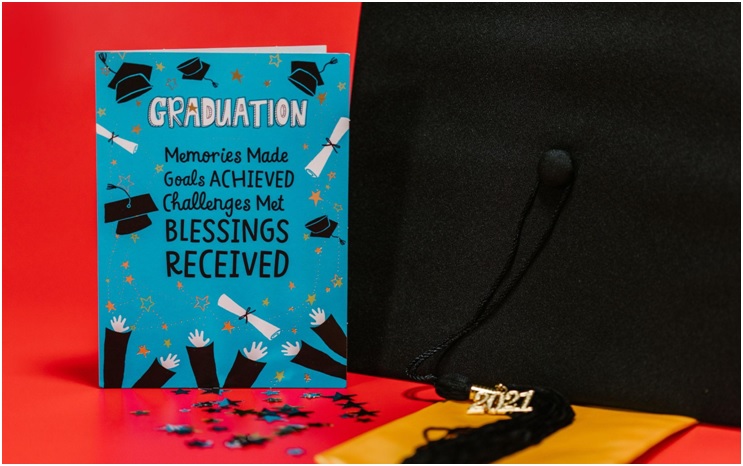Writing a Congratulatory Card: 5 Mistakes To Avoid

When an important person in your life, such as a friend, family member or work associate, celebrates an achievement, it is appropriate to honour the occasion with a congratulatory card. Choosing a nice card is the easiest part; writing a personal note inside the card can be challenging. To write the perfect congratulatory note, avoid these common mistakes.
Omitting a Personal Message
While you can easily find a congratulations card with a beautiful sentiment inside, you should add your own words. A handwritten note and a heartfelt sentiment provide a personal touch and make your card stand out from the rest. The recipient will likely receive many cards and may not remember every single one, but they will surely remember your kind words.
Spelling ‘Congratulations’ Wrong
Be mindful of your grammar and spelling when writing a congratulatory card! Many people mistakenly write ‘congradulations’ instead of ‘congratulations.’ If you are not confident in your spelling, consult a dictionary before writing your note. You should also confirm the spelling of the recipient’s name. A misspelt name can lead to hurt feelings, even if your words are kind.
These considerations are especially important when congratulating a colleague. Although a card is more personal than most work communications, you should strive for perfect spelling and grammar in your message. Poor writing may leave a negative impression that could impact your career.
Using the Wrong Words
The tone of your message should be appropriate to the situation and the recipient. You shouldn’t write, ‘Great job! I’m so proud of you!’ to your colleague, for example. On the other hand, ‘Good luck in your future endeavours’ is not the most appropriate sentiment for a small child.
When writing to a professional associate or someone you do not know well, a more formal tone is best. However, if you are congratulating a close friend or relative, a formal note may feel distant and insincere. Opt for a warmer, more familiar tone instead.
Choose words that suit the situation. For example, on many occasions, such as a new job, it’s appropriate to wish the person good luck. However, there are a few situations in which this is not appropriate. For example, if your child has just landed the leading role in his school play, you shouldn’t wish him good luck with the performance; actors consider ‘good luck’ to be unlucky!
Being Insincere
The person receiving the card presumably knows you and is familiar with your voice and vocabulary. If your message doesn’t sound like you, the recipient will notice. While it’s important to use appropriate language, using flowery vocabulary that you don’t normally use can come across as fawning or insincere. Be as formal as the situation requires, but write in your natural voice.
Making Assumptions
When people celebrate milestones, they are usually excited about what comes next. However, you should not assume what the next step is. For example, when congratulating a newly married couple, do not make remarks about children or starting a family unless the couple has told you that this is their goal.
On the other hand, if you know what the person’s plans and goals are, you can mention them in your note. For example, if your retiring coworker has told you about her plans to travel abroad, you might wish her safe travels and tell her how excited you are to hear about her adventures. This demonstrates genuine care and happiness for your coworker.
A heartfelt personal note is an easy way to honour someone’s achievements and show that you care. By choosing the right words and avoiding common errors, you can write a sentiment that the recipient will cherish.